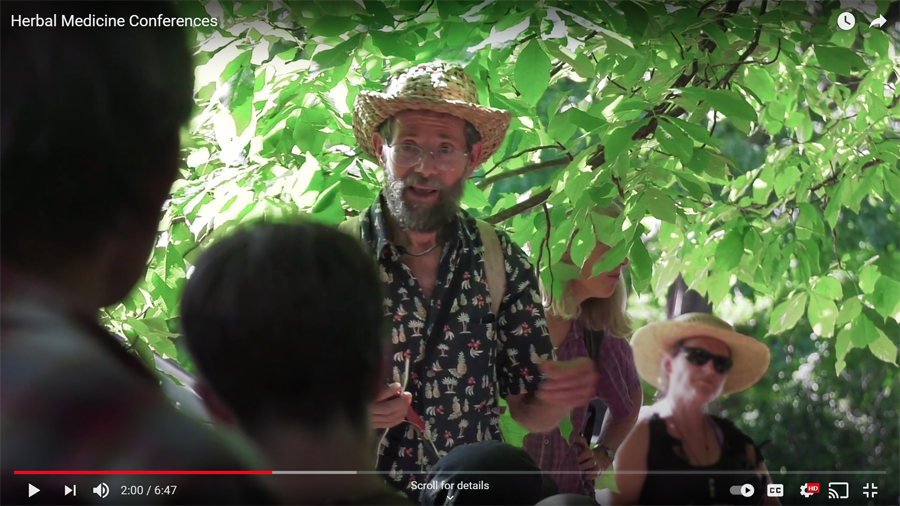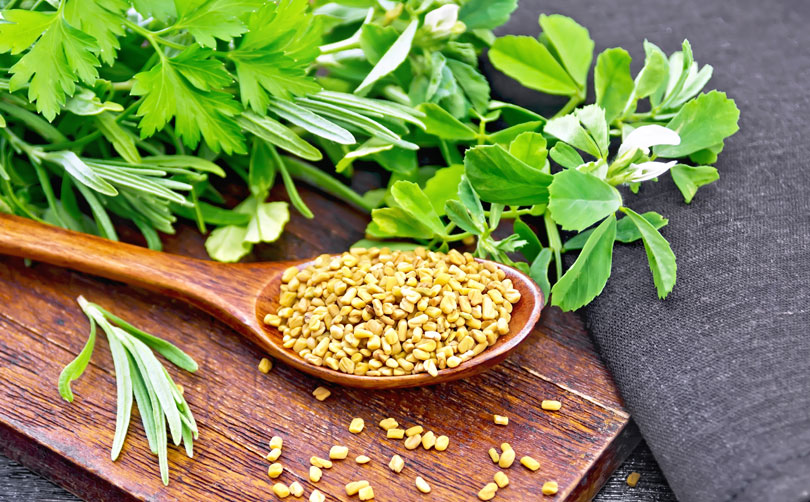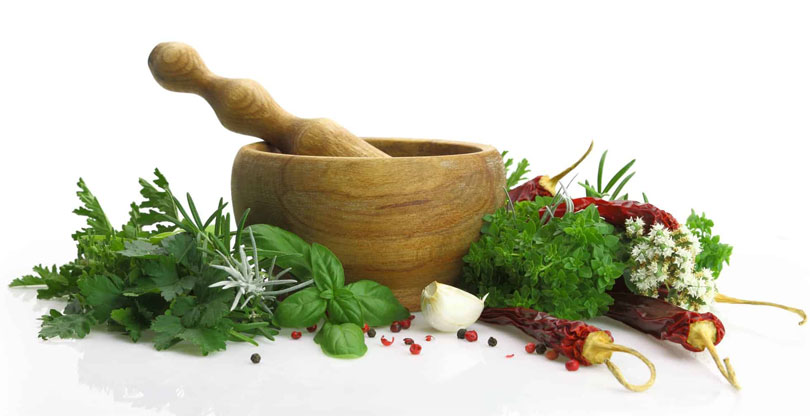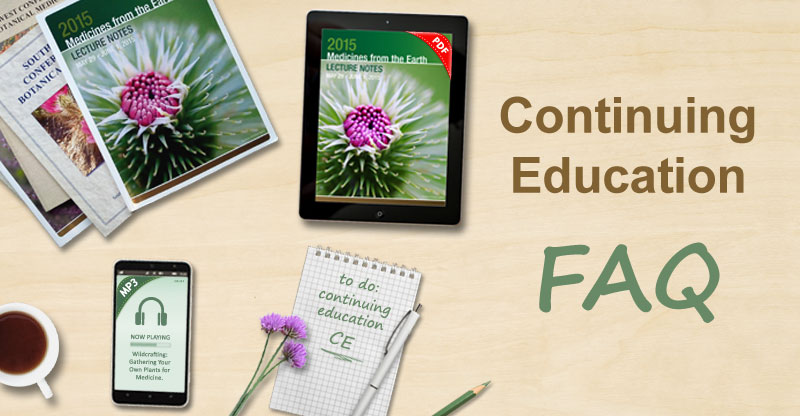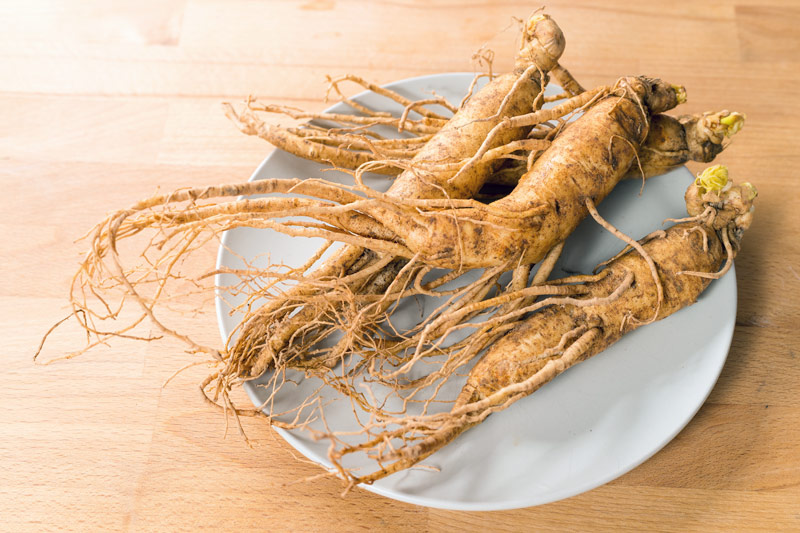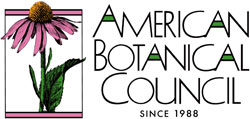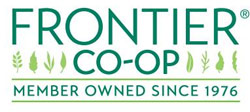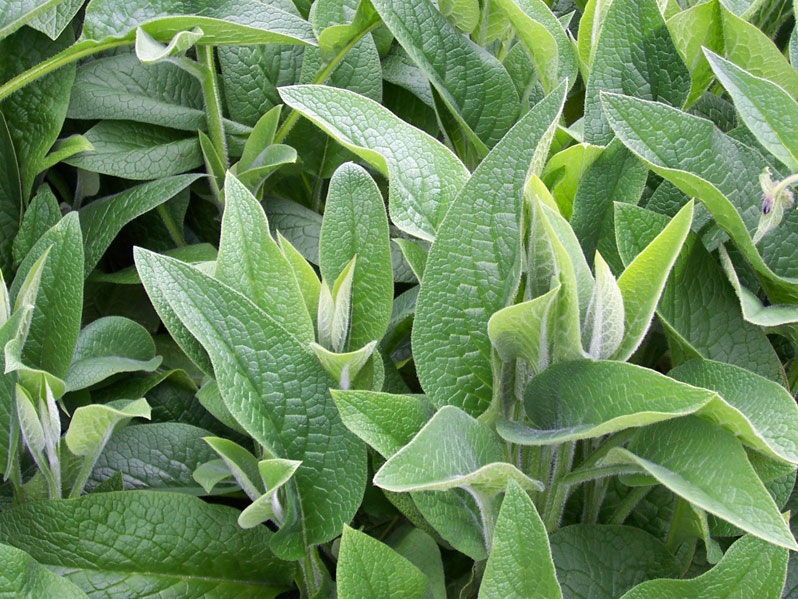
November’s Featured Recording:
Laying on Leaves: The Science and Art of Herbal Poulticing with Richo Cech

An original homesteader, herbalist, seed saver and world traveler, Richo draws on his many years of experience to describe the art of the poultice. It’s a form of botanical medicine anyone can use anywhere, utilizing common plants that grow in most places in the world. Includes how to make a poultice, how it works for healing, and recommendations for common ailments that benefit from an external herbal application, all infused with Richo’s special brand of humor and wide experience.
The last part of the presentation is a demonstration of how to make and apply a comfrey root poultice. Even though this is an audio recording, he gives a lot of detail while preparing and applying the root mixture to a willing volunteer who injured a foot while rock climbing. We thought we’d offer it this month for a little distraction from the world at large! (Catalog Number 17ME22)
Richo describes the art of the poultice and many other medicine-making techniques in his book Making Plant Medicine.
Note: If you’d like to see the video of the demonstration part of this lecture, this link takes you to Part 3 on YouTube. The blending and applying of the poultice starts at minute 7:30 and goes through Part 4. Enjoy!
The information on this site is provided as a research resource for health professionals and is not intended to replace diagnosis and treatment by a qualified health care practitioner. Consult your medical care provider before using any herbal medicine.



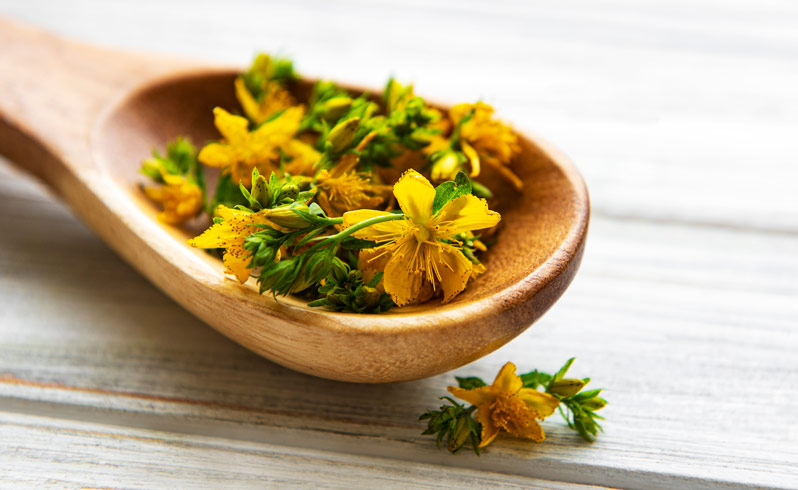


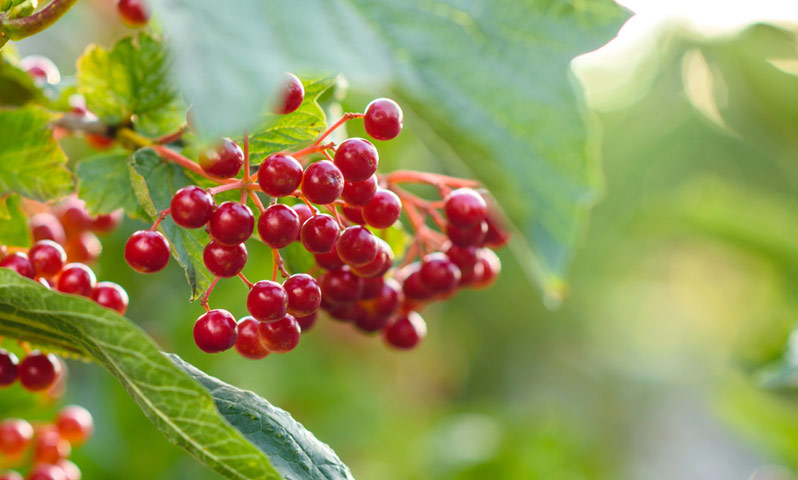


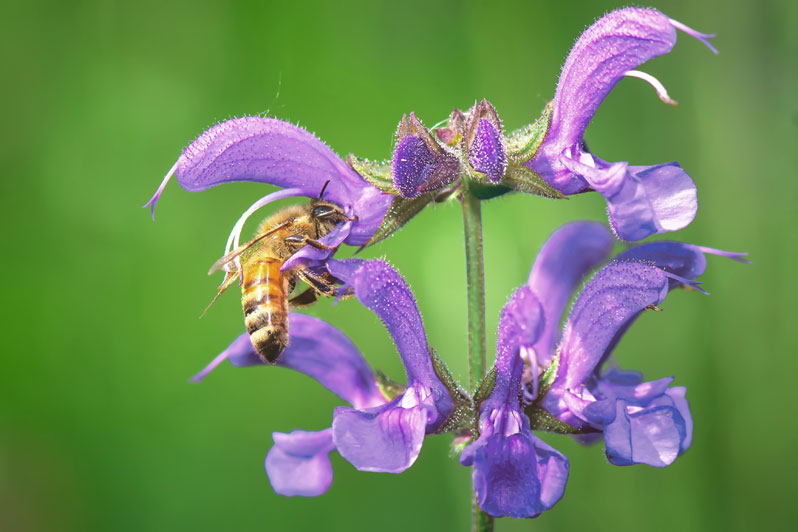


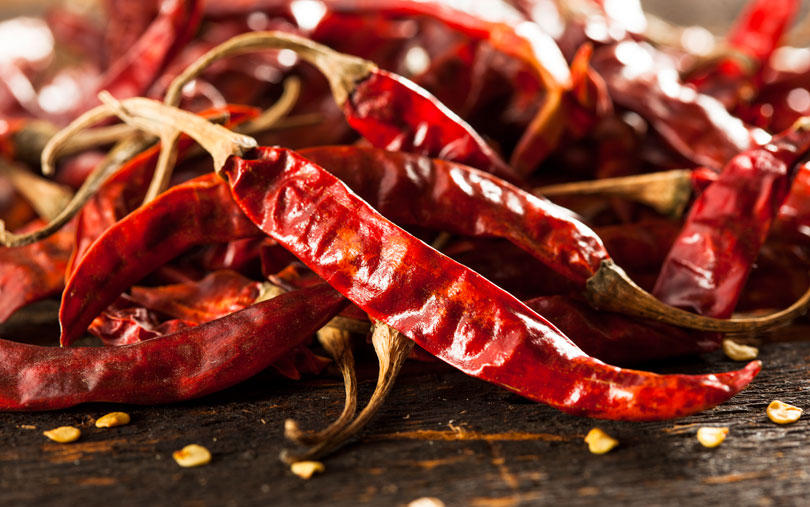


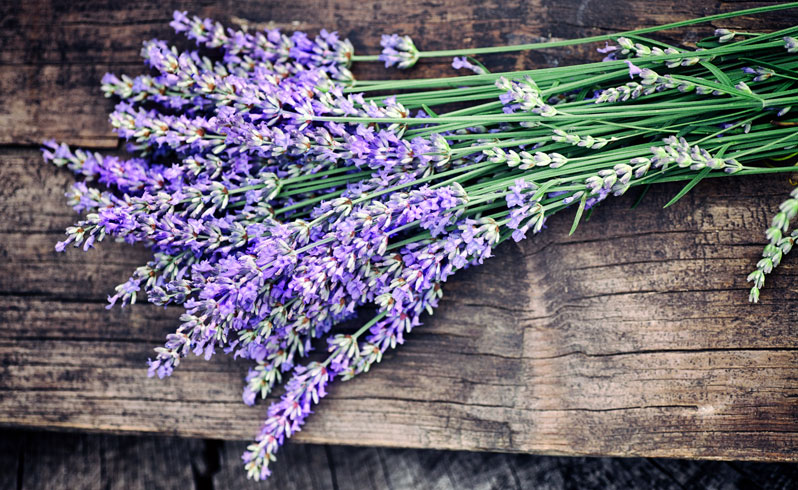

 Presenter: Mary Rondeau, ND, RH (AHG)
Presenter: Mary Rondeau, ND, RH (AHG)